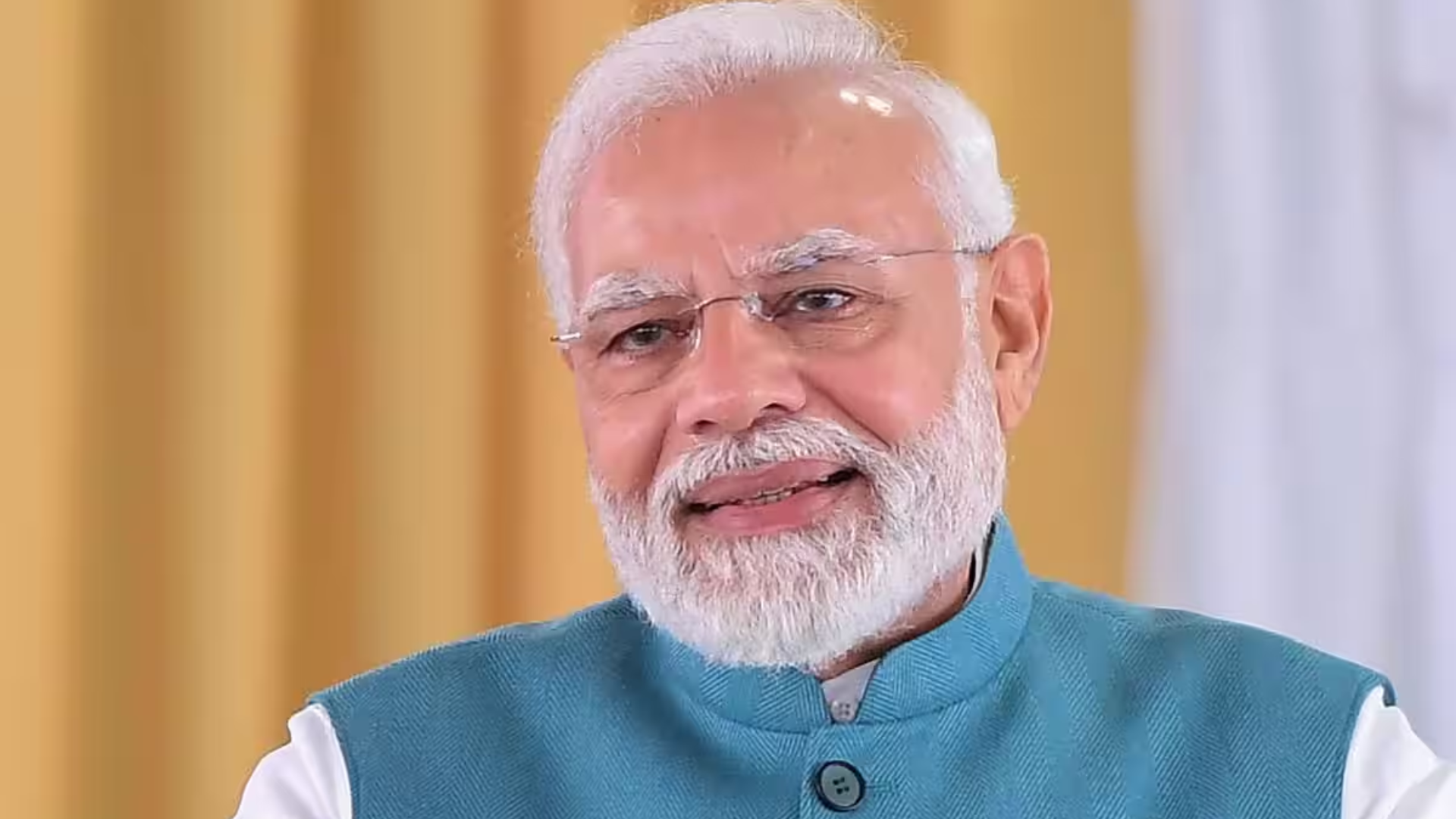Prime Minister Narendra Modi has lauded the Supreme Court’s recent verdict in the JMM bribery case as the most important step for Indian democracy. Prime Minister Narendra Modi called it a “Great judgment” and expressed confidence that it would strengthen the judiciary and increase public confidence in the judiciary.
SWAGATAM!
A great judgment by the Hon’ble Supreme Court which will ensure clean politics and deepen people’s faith in the system.https://t.co/GqfP3PMxqz
— Narendra Modi (@narendramodi) March 4, 2024
Advertisement · Scroll to continue
In a controversial decision, a seven-judge bench of Justice Chandrachud led by Chief Justice DY reversed the 1998 order granting immunity to MPs and MLAs for accepting bribes in exchange for immunity from prosecution for speech. . or you can vote in Parliament. The decision differed from the previous interpretation of Articles 105 and 194 of the Constitution, which gave legal protection to voters to encourage them to work without fear.
Bribery is not protected by federal law and immunity of legislators in good standing affects the integrity of India’s democratic system, the panel said. The Supreme Court reversed its previous decision, activating its anti-corruption power and emphasizing the importance of maintaining standards of public conduct.
JMM The bribery issue dates back to 1993, when allegations against a Jharkhand legislator came to light. Mukti Morcha took bribes to vote without trusting the PV Narasimha Rao government. A 1998 Supreme Court decision allowed members of the House of Representatives to resist practices including accepting bribes in exchange for votes.
However, a recent Supreme Court decision challenged this interpretation, arguing that wealth cannot be protected by law. The judge said corruption and bribery by MPs undermined the functioning of democracy and undermined public confidence in the political system. Therefore, legislators who engage in these corrupt practices must be held accountable.
The Chief Justice emphasized the inconsistency of previous rulings that legislators who accepted bribes and voted accordingly were protected, while those who refused to accept bribes were protected. Doing so may lead to prosecution. This inconsistency undermines the principles of transparency and accountability in governance and undermines the integrity of the democratic process, the judges said.
Overall, the Supreme Court’s decision in the JMM bribery case is an important step in the fight against corruption and the promotion of public justice. The judiciary sent a strong message about the importance of promoting ethical standards in governance, reaffirming the principle that no one is above the law, regardless of position or authority. This decision is not only a victory for justice, but also a recognition of India’s determination to uphold the rule of law and preserve the integrity of its democratic institutions.




















